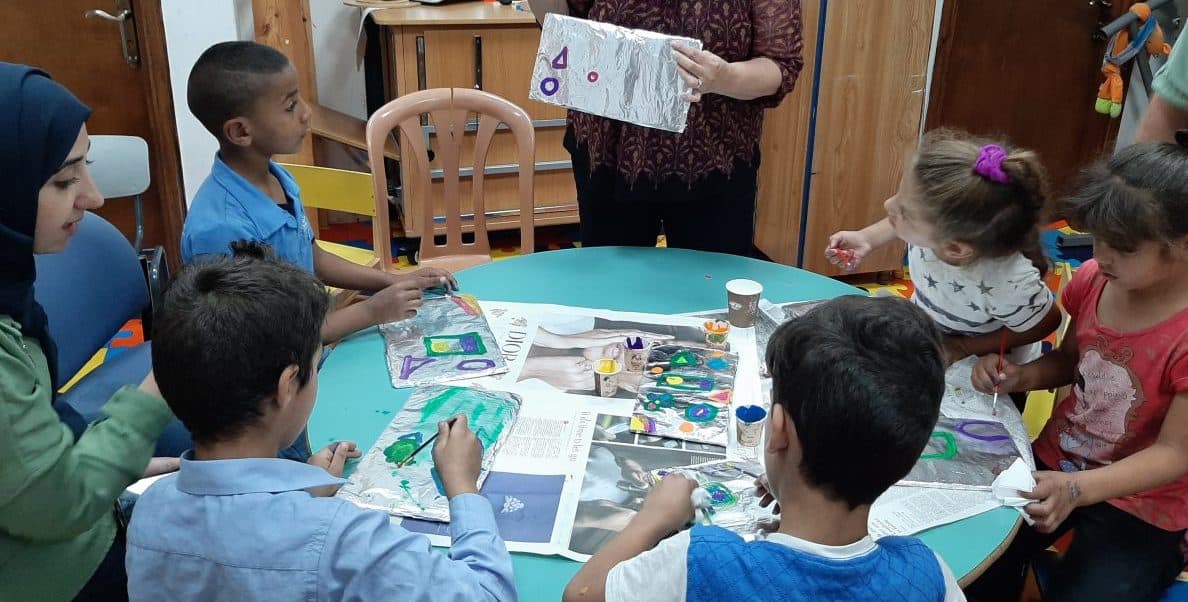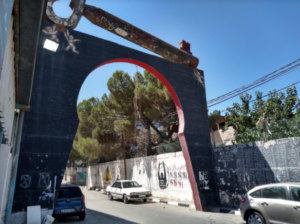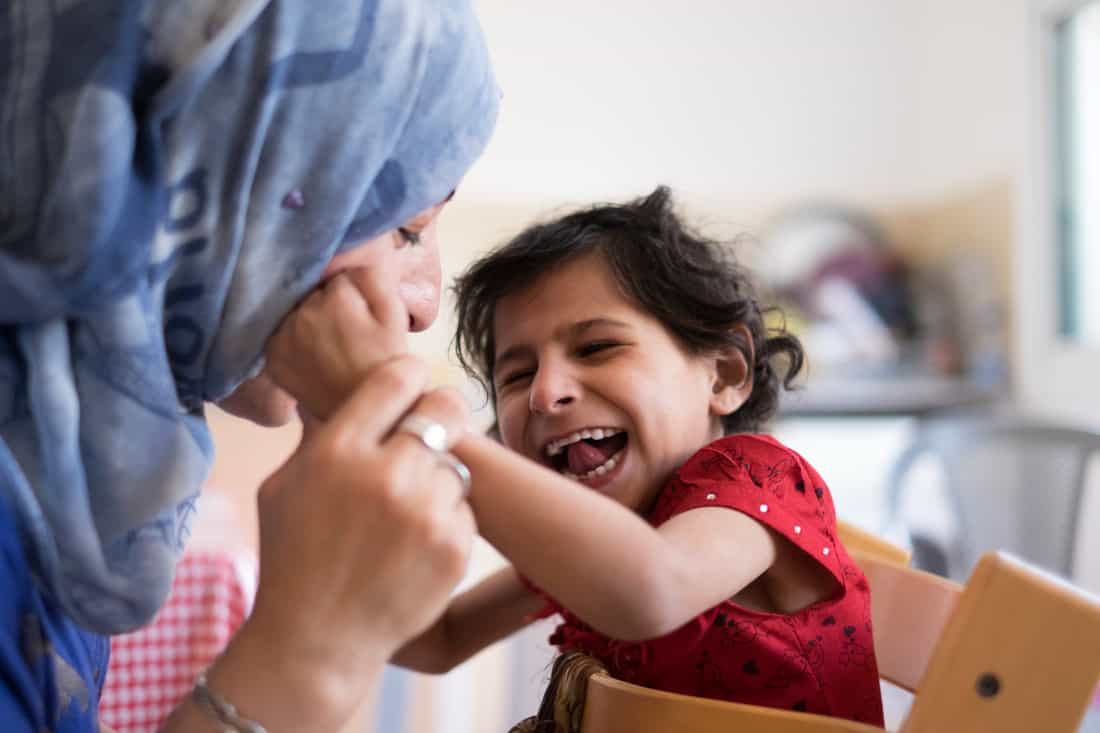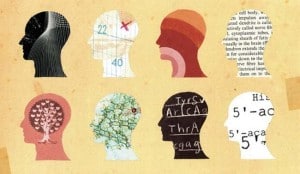
Noor Society is a group of mothers of children with developmental disabilities advocating for each other and their children in Aida Camp, a refugee camp of over 5,000 people started in 1948 after the Nakba. To raise money for the care of their children, the women of Noor offer tourists homestays, teach cooking classes, and have a small gift shop.
Noor is just nine years old, but its founders and volunteers have seen a dramatic increase of children with developmental disabilities over the past 15 years, from 15 or 20 in the mid-2000s to over 300 children now. Why?
Multiple mothers at Noor told me that when pregnant women are exposed to tear gas, their children are significantly more likely to have disabilities. I have yet to find a scientific study that shows this, but it has been noted that little to no research on tear gas considers its long term effects. A recent study by UC-Berkeley interviewed over 200 hundred residents of Aida Camp and found that 100% of them were exposed to tear gas in the past year. In fact, Aida Camp has been declared the “tear gas capital of the world,” so it isn’t surprising that some of its residents would be noticing the long term effects of tear gas.

Beit Yusef is a home in Beit Sahour, just south of Bethlehem, for children with profound developmental disabilities. Their mission is to find the children with the most profound disabilities and least access to resources (mostly in impoverished families) and to show them and their families God’s love; this takes them traveling all over the West Bank, where such services are sparse. In the past, they hosted a respite care center where children with profound disabilities could come to stay roughly four days of the month. Children come in small groups to ensure they receive plenty of individual attention.
Recently, however, the founders of this organization were denied visas to return to Israel-Palestine for unclear reasons. Due to lack of staffing and lack of funds, Beit Yusef has had to stop their respite care program and focus on doing home visits. One assistant at Beit Yusef told me that during such home visits, they routinely find children with developmental disabilities living outside, with animals or even in cages. One of Beit Yusef’s goals is to show families various ways of incorporating their child into their family and to see their child as a gift from God.

They wish they could continue giving a multi-day break to children from their difficult home lives and to families from caring for their children. For now, though, these breaks are limited to just a few hours, and the children remain at their homes. Beit Yusef’s beautiful, recently renovated facility gets minimal use during this time of transition.
House of Hope is a Christian ministry for children with special needs and blind people. It was beautiful to see “the blind leading the blind,” and blind teachers teaching children. One woman, Sarah, grew up in the Bethlehem area and became blind when she was 9. She has since studied English literature and now teaches English to the children of House of Hope. House of Hope accepts children from all over the West Bank and always has a wait list. They have a beautiful home in the heart of Bethlehem, but not enough volunteers to support all the work they are already doing and would like to continue doing. Classes are crowded and curricula sparse; many children have simply outgrown House of Hope, but have nowhere else to go. Some of them start working in House of Hope’s workshop, but there isn’t enough demand for their goods to employ everyone, and not everyone is able to work with the machinery.
Despite economic and political adversity, the employees, volunteers, and children at each of those organizations live lives of hope and joy. Being together one day at a time is enough cause for celebration, enough cause for hope for a more free future.
God of mercy and justice, we ask that you bless the work of each of these organizations in Bethlehem. Bless Noor with increased medical aid and connections with more doctors in Jerusalem. Allow the staff of Beit Yusef to quickly and peacefully return to their work, and may they find new donors to support their important work. Would you inspire more volunteers to join House of Hope, short-term and long-term, and help them to continue to find partners abroad to support their work financially. May we all be agents of peace in a world marked by war. In Jesus’ name, Amen.
Kevin Vollrath is a Ph.D. candidate at Princeton Theological Seminary, writing his dissertation on how the Israeli occupation of Palestine affects people with disabilities. He is excited to be CMEP’s 2020-2021 Ambassador Warren Clark Fellow (AWCF). This article first appeared on Churches for Middle East Peace, and is reprinted here with permission. CSA is grateful to our friends at Churches for Middle East Peace for reprint permissions.


